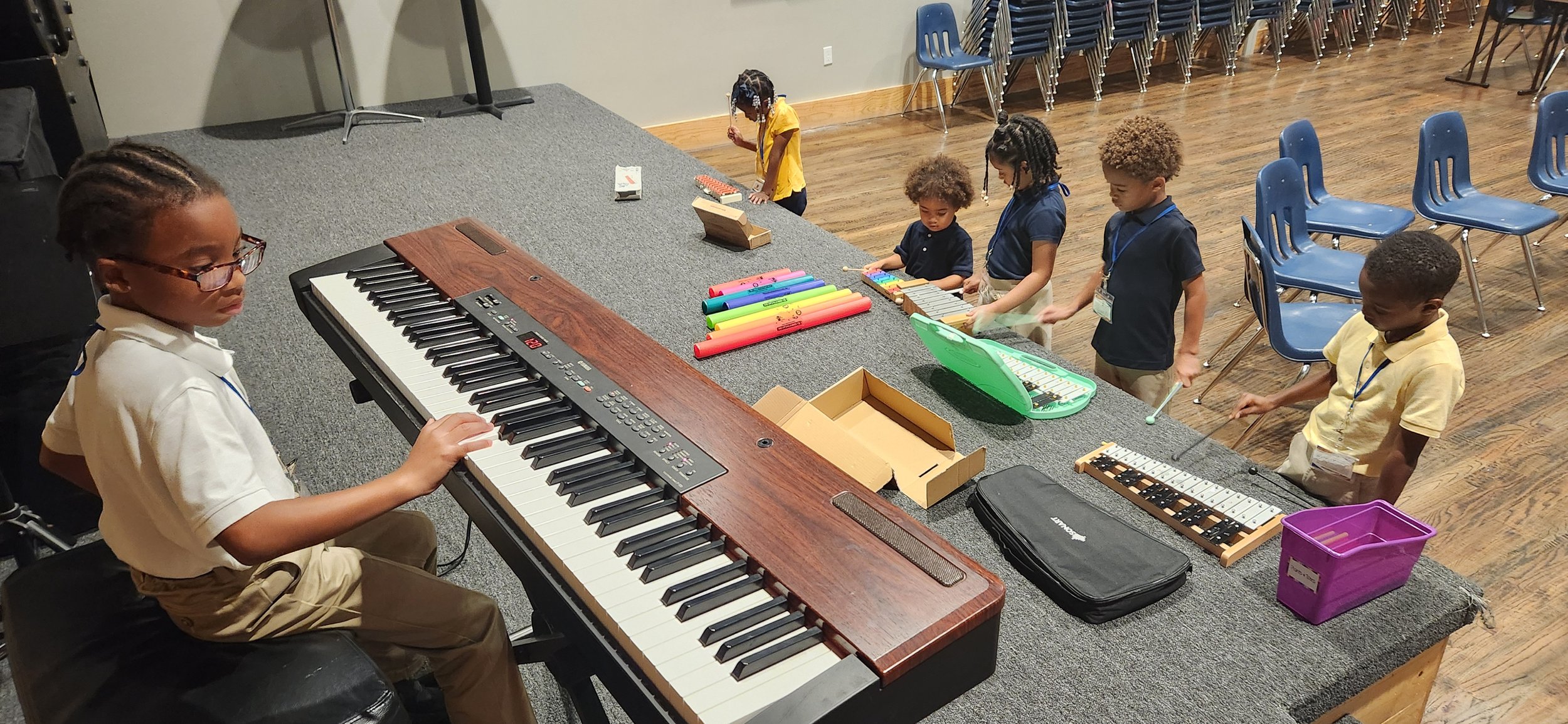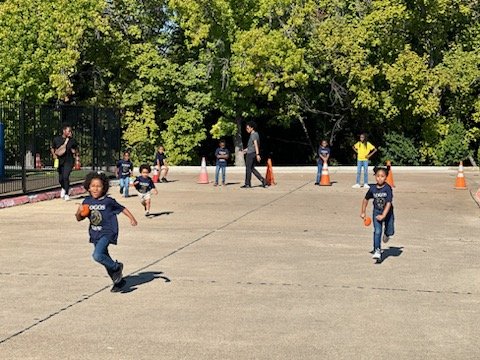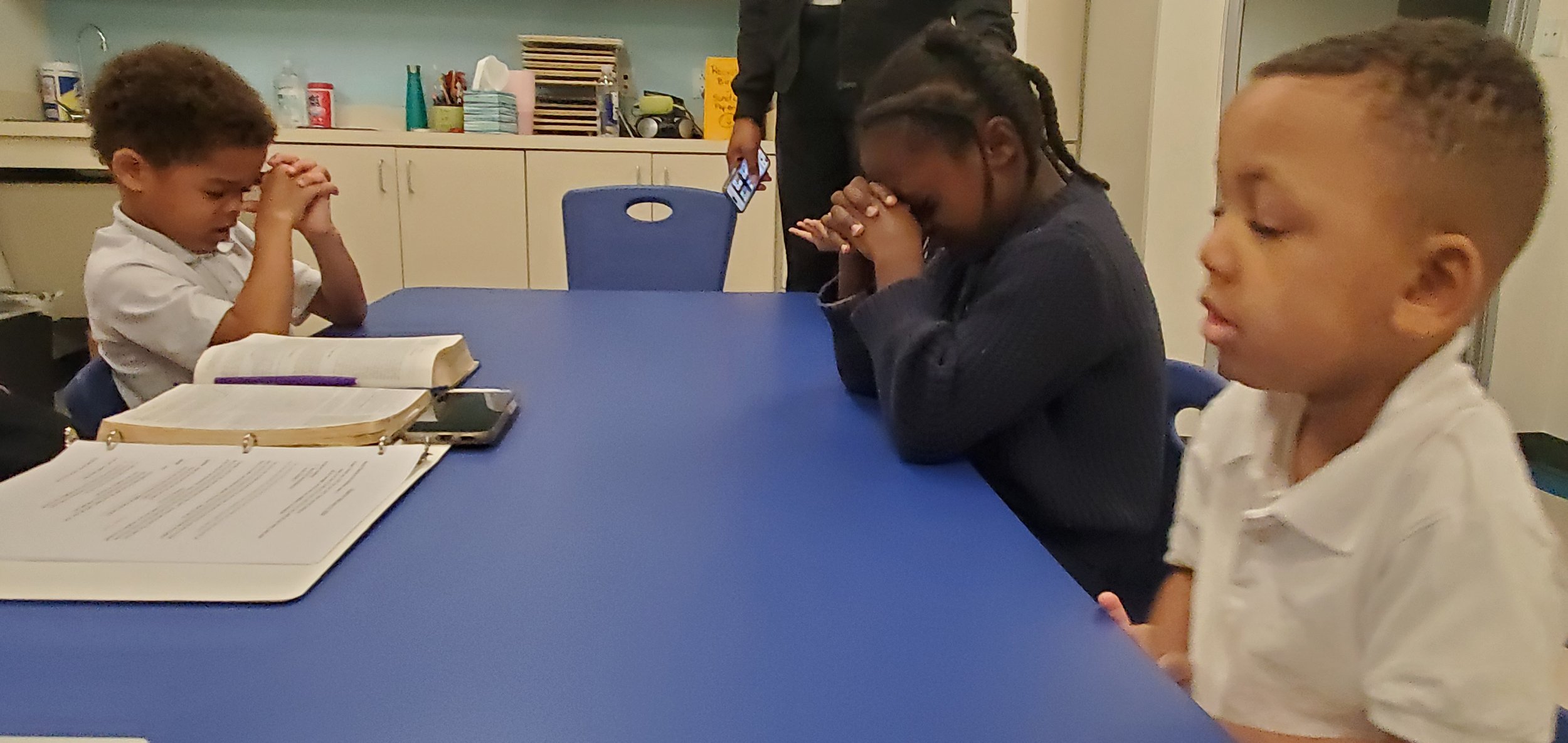Logos’ Philosophy
At Logos Christian School, we prioritize a Christian classical education that encourages spiritual, intellectual, emotional, and physical growth. This approach helps foster well rounded students who are spiritually strong, academically challenged, emotionally mature, and physically active.
We encourage students to think beyond the traditional classroom setting and to develop their own strategies for solutions. This allows students to think independently and to become confident in their problem-solving skills. By teaching students how to think instead of what to think, their critical thinking skills and creativity are enhanced as they become more self-reliant and self-confident.
As we focus on developing personal integrity, we also encourage diversity of thought and the exploration of different ideas, topics, and perspectives while maintaining a core belief of the Christian faith. We seek to instill moral and ethic principles such as love, honesty, respect, responsibility, and kindness alongside biblical virtues that build Christ-like character.
Classical Education:
Logos’ Core Curriculum
The seven pillars of our curriculum are: Christian, Classical, Charlotte Mason, Conservatory of Fine Arts, Character training, Charity, and a Children’s Garden.
As a Christian school, the Bible is at the core of all our teaching. We teach the Word of God and salvation through Jesus Christ. We believe that Christian discipleship is a fundamental part of a student’s growth. Our goal is to partner with parents in equipping their student to grow in their relationship with God and learn to live out their faith in the world. Parents are always welcome to attend Chapel as we worship and pray together as a school family. We offer an in-depth study of the scriptures with a focus on prayer and the devotional life of the students to help them learn and grow in their walk with God.
As a Classical school, we adhere to the Trivium model which is divided into three developmental time periods for learning: Grammar, Logic, and Rhetoric. The goal of theTrivium is to enhance the student’s learning through these progressive stages. In the Grammar School, we want students to embrace knowledge; in the Logic School, to evaluate what they have learned; and in the Rhetoric School to clearly express knowledge, articulate truth, and communicate their core convictions in an intelligent manner. We embrace the wealth of our western civilization by immersing our students in quality literature, music, history, Latin, art, Science, and math to cultivate an appreciation for truth, goodness, beauty, and the treasures of knowledge and wisdom.
As a Charlotte Mason school, we incorporate her teachings. She believes that education is an atmosphere (enriched environment), a discipline, and a life. We include ‘living books’, nature studies, character training, habits of the heart, and manners as part of our teaching at Logos Christian School.
As a Conservatory of Fine Arts School, we provide classes and training as part of our core curriculum. Each student in grades K-5th grade receives piano lessons. We currently provide art, music, and drama. As the school grows and we add the Logic and Rhetoric Schools, we will provide bands, choirs, orchestra, and a Fine Arts Studio for those who want to develop their gifts and talents on a deeper level.
With the Character training we seek to develop habits of the heart in our students such as truth, goodness, love, and kindness. With the Charity program, we seek to develop hearts for service with strategic service projects for each grade level.
The Children’s Garden is an important part of our curriculum. The students are actively involved in the planning, planting, caring for, and cultivating the gardens to grow herbs, flowers, and vegetables. We believe that gardening cultivates positive life skills for a lifetime.
Our Curriculum provides instruction in these core subjects for the Grammar School: Bible, History, Reading, Language Arts (Grammar, Writing, Spelling, Handwriting), Math, Science, STEAM, P.E., Technology, Spanish for K-2, and Latin for grades 3-5.
Special Classes for the Grammar School include Art, Music, Technology, Latin, Spanish, and Gardening. Individualized piano lessons are given to each child in kindergarten and above.





